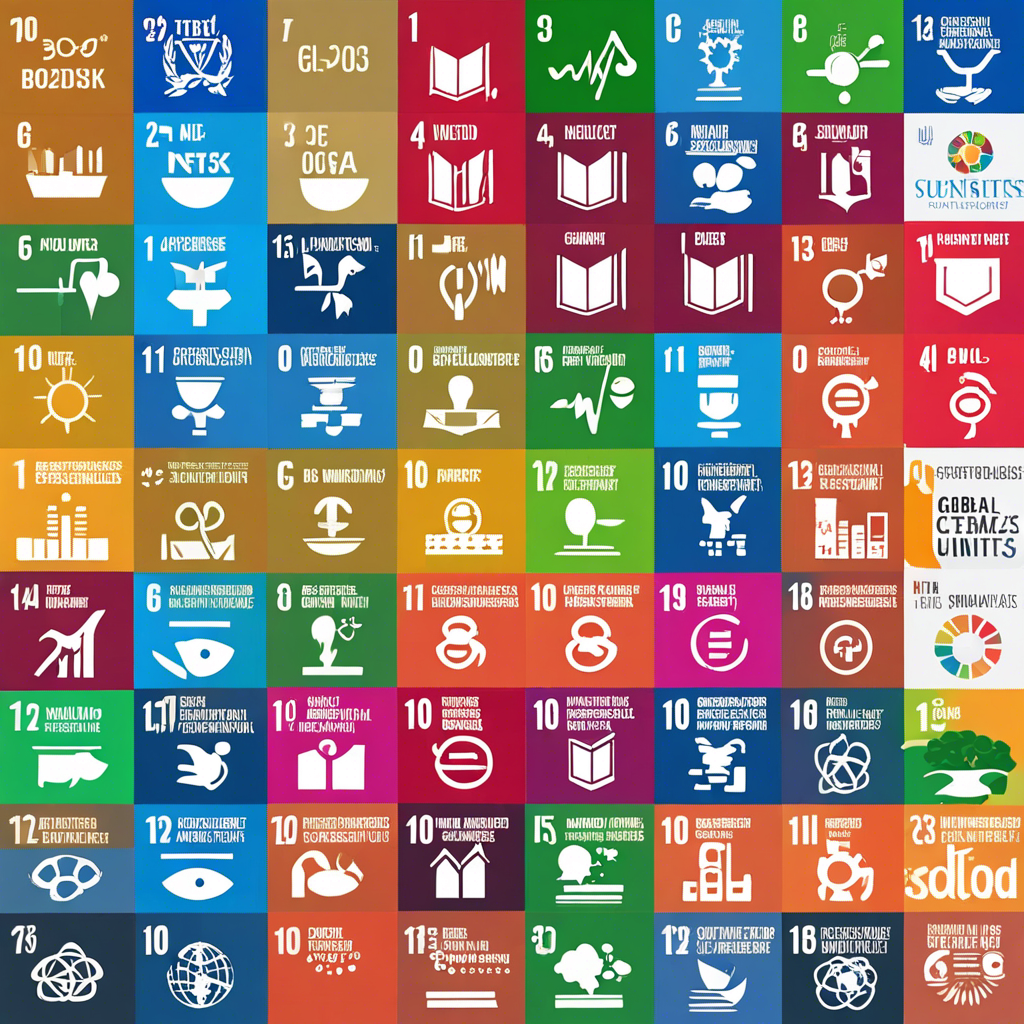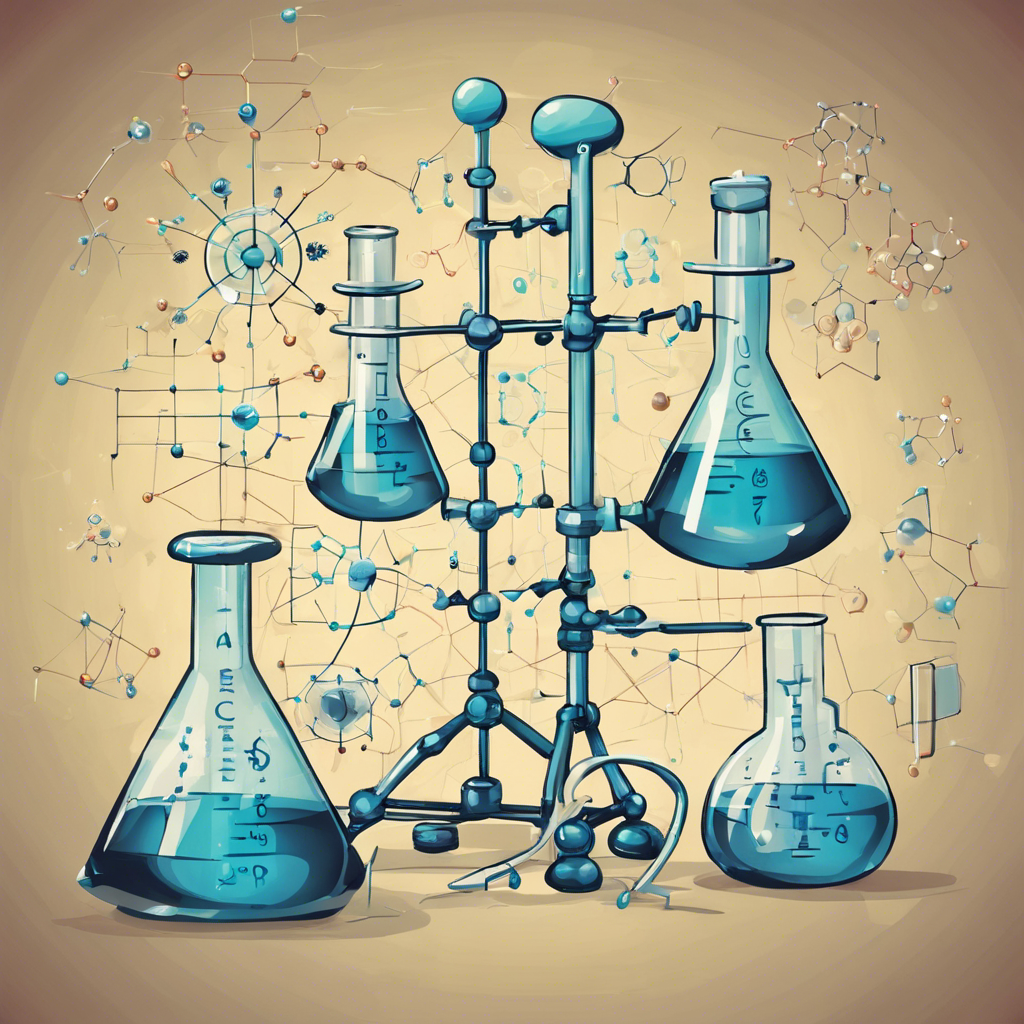The Role of Chemistry in Advancing Sustainable Development
In an increasingly interconnected world, chemists from around the globe are finding common ground to tackle pressing global challenges. The United Nations’ Sustainable Development Goals (SDGs) have provided a platform for collaboration and innovation, enabling chemists to come together and make a meaningful impact. This article explores the role of chemistry in advancing sustainable development and highlights the growing global interest in STEM education.
Chemistry and the SDGs: A Powerful Combination
Chemistry plays a crucial role in addressing many of the SDGs, including clean water and sanitation, affordable and clean energy, sustainable cities and communities, and climate action. The principles of chemistry are essential in developing innovative solutions to these complex challenges. By leveraging their expertise, chemists are contributing to the achievement of these goals, ensuring a more sustainable future for all.
The Globalization of STEM Education
Contrary to the notion of diminishing interest in STEM fields, there is a global surge in enthusiasm for science, technology, engineering, and mathematics. The advent of technology has facilitated connections between individuals and institutions worldwide, allowing for the exchange of knowledge and ideas. As a result, the interest in STEM education, including chemistry, is no longer limited to a few countries but has become a global phenomenon.
Collaboration over Competition
The shift towards a global perspective in STEM education has fostered a spirit of collaboration rather than competition. Universities, industries, and organizations are recognizing the importance of working together to address global challenges. Chemists are joining forces, sharing resources, and collaborating on research projects to advance the chemical sciences collectively. This collaborative mindset is essential for achieving the United Nations’ SDGs, particularly Goal 4, which aims to ensure inclusive and equitable quality education.
The Impact of the United Nations’ SDG
The United Nations’ SDG framework has provided a clear roadmap for chemists to align their research and initiatives with global sustainability goals. By focusing on the SDGs, chemists can contribute to a more sustainable and equitable world. The SDG framework also encourages interdisciplinary collaboration, bringing together chemists with experts from other fields to develop holistic solutions. This approach ensures that the chemical sciences are integrated into broader sustainable development efforts.
Real-Life Examples of Chemistry in Action
Numerous examples illustrate the impact of chemistry in addressing global challenges. From the development of sustainable materials and energy sources to the design of environmentally friendly processes, chemists are at the forefront of innovation. For instance, researchers are exploring new materials that can capture and store carbon dioxide, contributing to climate change mitigation. Additionally, advancements in water treatment technologies are improving access to clean and safe water in underserved communities.
Conclusion:
The United Nations’ SDG has provided a unifying framework for chemists worldwide to address global challenges. Contrary to the notion of diminishing interest in STEM, the field is experiencing a global surge, with individuals from diverse backgrounds coming together to advance the chemical sciences. Collaboration, rather than competition, is the driving force behind this movement, as chemists recognize the importance of collective action in achieving sustainable development. As chemistry continues to play a pivotal role in addressing the SDGs, the global community must embrace interdisciplinary collaboration to create a more sustainable and equitable world.











